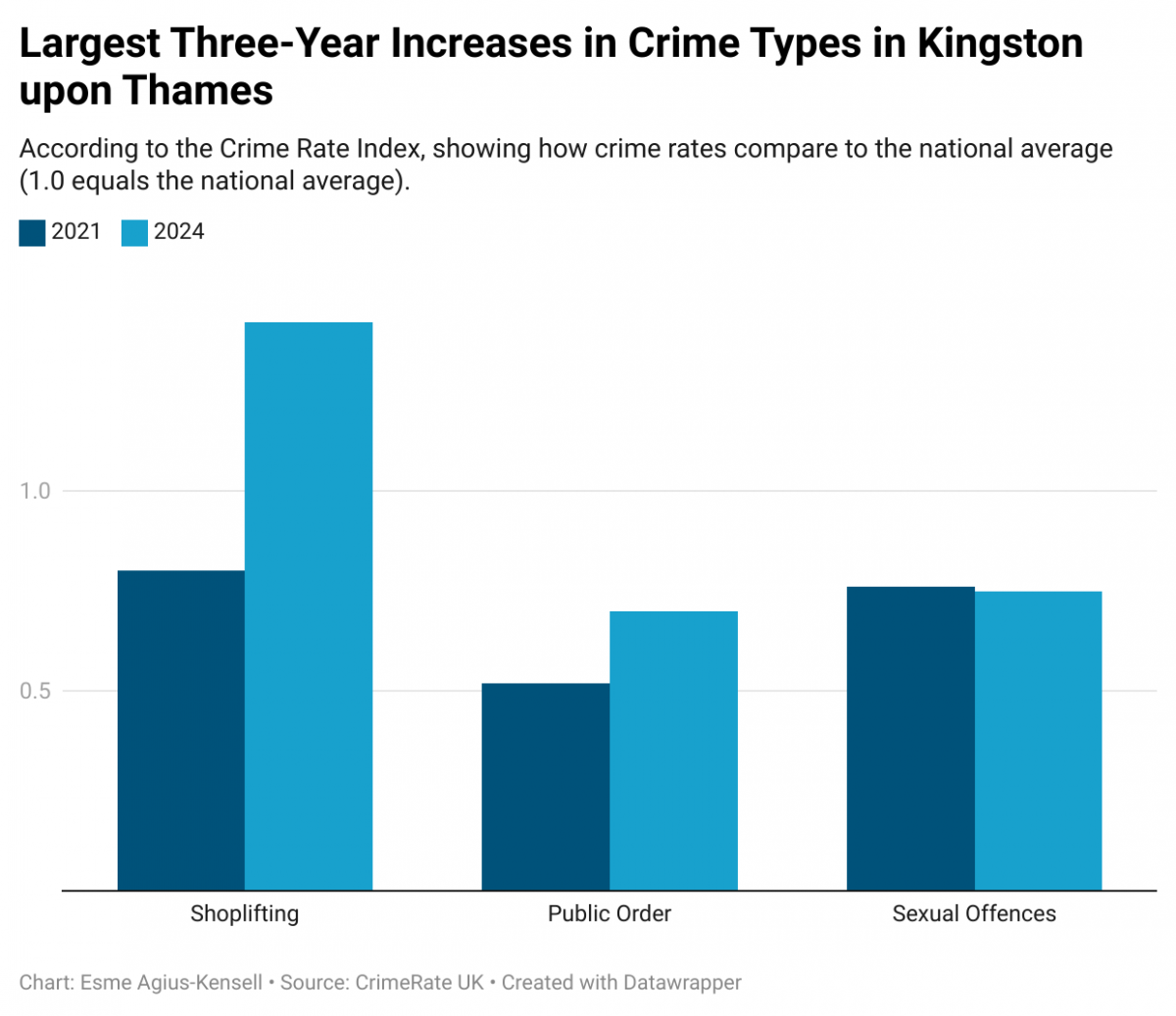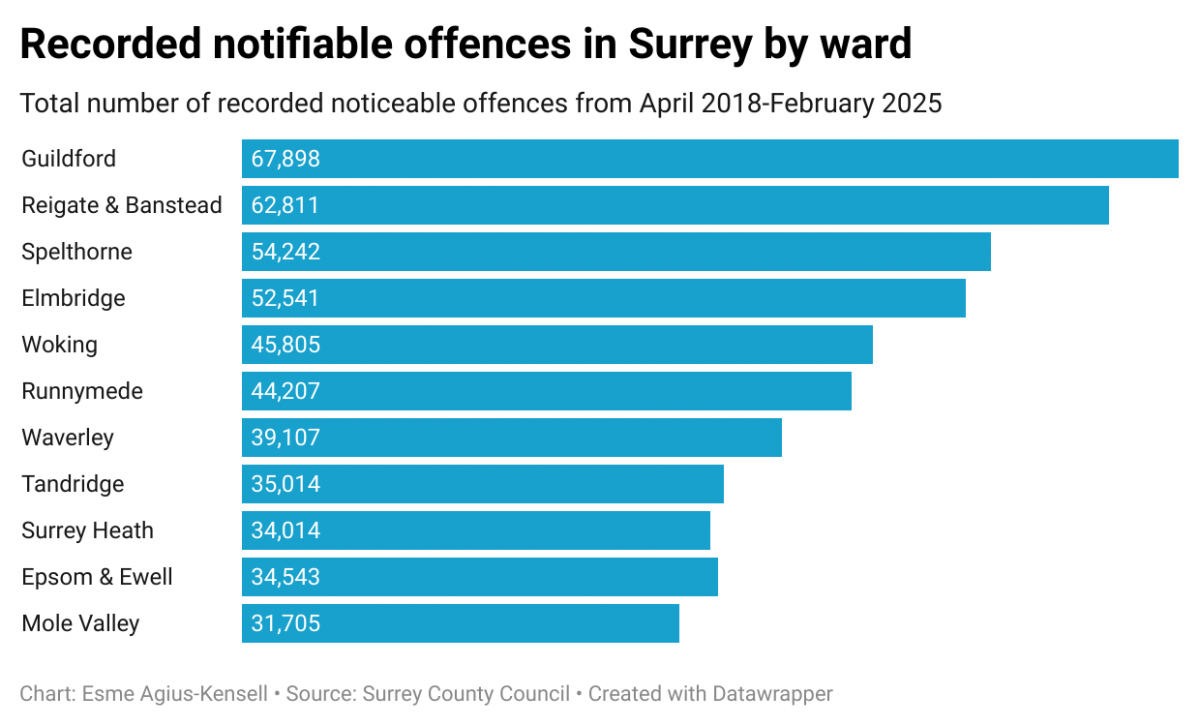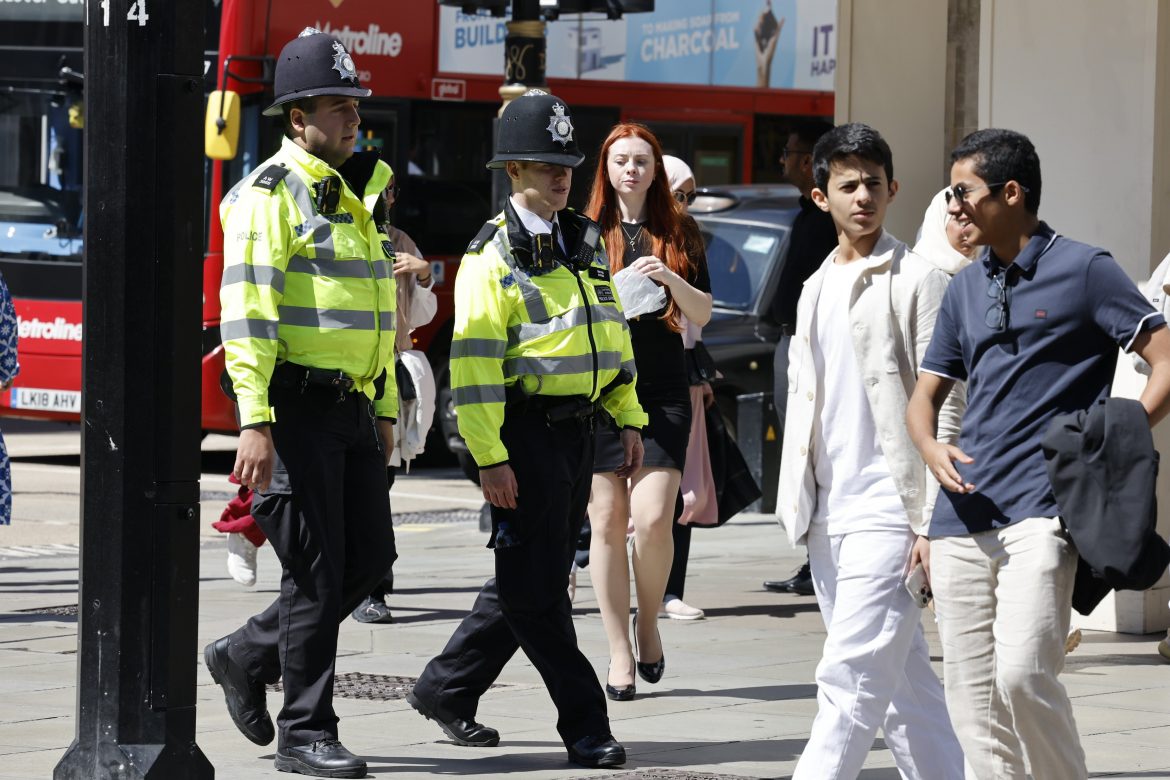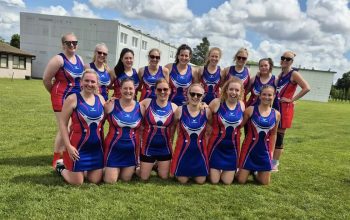Labour has announced a £200m boost for neighbourhood policing, with the hopes of recruiting an additional 13,000 neighbourhood police officers.
Surrey Police will receive £2.6m, while the amount Kingston will receive, under the Metropolitan Police Service, has not been publicly disclosed.
In an interview with the Kingston Courier, Lisa Townsend, Surrey Police and Crime Commissioner, expressed her hopes that this funding will tackle the shoplifting problem in Kingston, which has the potential to bleed into North Surrey and vice versa.
“Particularly in North Surrey, we want to make sure that if somebody is a shoplifting in Kingston that they’re not coming further South. We certainly don’t want to be exporting our shoplifters North to Kingston either,” she said.
Data from CrimeRate UK shows that the rate of shoplifting in Kingston is increasing compared to the national average, with an increase of 79% over the last three years. As of September 2024, shoplifting in Kingston’s CrimeRate index trend was 1.42, with one equalling the national average.
Townsend said that shoplifting is a big issue and one that neighbourhood policing has a crucial role in stopping. She also said that data sharing between police in Kingston and Surrey is vital in tackling this crime.
She hopes the money will reassure the public with a larger police presence on the streets, and allow police to target these criminals faster.

Townsend spoke on the extensive cross-border co-operation that takes place between Kingston Police and Surrey Police.
“Our Northern division works very closely with their Met colleagues who oversee Kingston. Just because obviously it’s so close. If you live in Kingston or Northern Surrey, the boundary means nothing to you, and nor should it, quite frankly,” she said.
Despite being the fourth safest county for violent crime, the border between Surrey and London can be seen as invisible for criminals, highlighting the importance of the A3 corridor as a hot spot for criminality.
While having hopes for this new funding, Townsend said that she “takes all announcements like that with a bit of a pinch of salt”.
Surrey is the only police force in the country that is funded more by local taxpayers than it is by the government, and so she said that any extra money is always welcomed.
However, Surrey Police overall has lost out this year, due to factors such as Labour’s national insurance increase, meaning that the PCC budget has been reduced by 4.2%.
“I do hope that we won’t see any further direction from the government telling the Chief Constable’s what they should be doing. I do welcome extra money for our neighbourhoods, as long as we can use it in a way where the Chief Constable can put it into places where we know it’s really needed,” she added.
In the past, hot spot funding in Surrey has gone to places that had the highest reports of crime, such as Spelthorne, Ashford, Staines and Walton. These are all areas that are close to Kingston and London.

“We will be making sure that it does go into those areas where we do see particular spikes in crime. In surrey it is often in those northern areas like Walton, where we see people travelling from North Surrey into London and back again. So it will be along the border, I expect, where a lot of it will go,” Townsend said.
Reflections on public perceptions of policing in the UK
Policing in the UK has come under harsh scrutiny, with Townsend saying “over the last few years we have seen policing in some ways being its own worst enemy”.
The Met was at the epicentre of these criticisms, especially after the murder of Sarah Everard in March 2021 by Wayne Couzens, an off-duty Met Police officer.
According to Townsend, with Surrey sharing a border with London, its own police force has also come under pressure.
Townsend hopes that the increased presence of neighbourhood police will go some way in restoring public opinion, and in highlighting the work of those officers who work tirelessly behind the scenes.
“Every officer who is out there, wearing his or her uniform, are representing in some ways those hundreds of officers who don’t get seen – and I hope that’s something that the public recognise,” she said.





